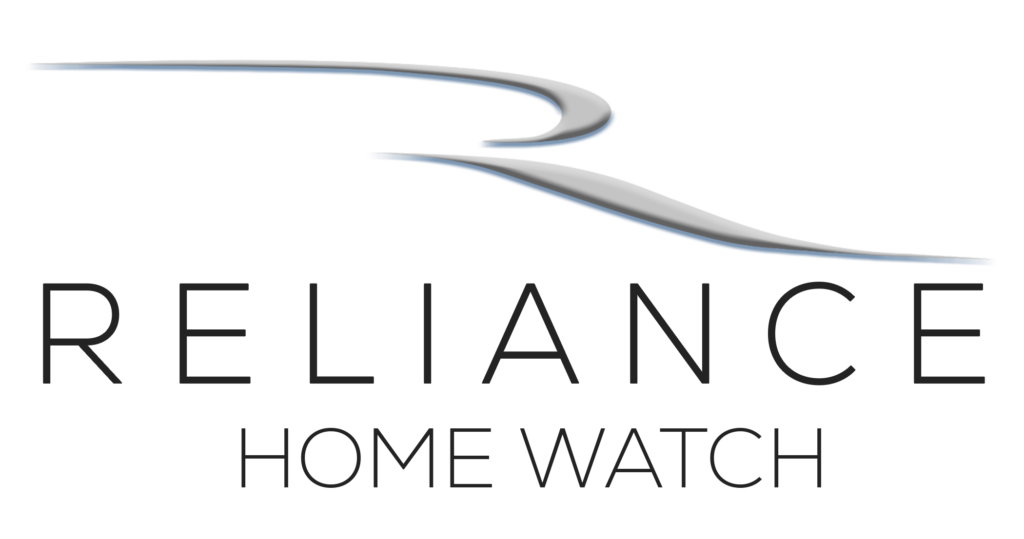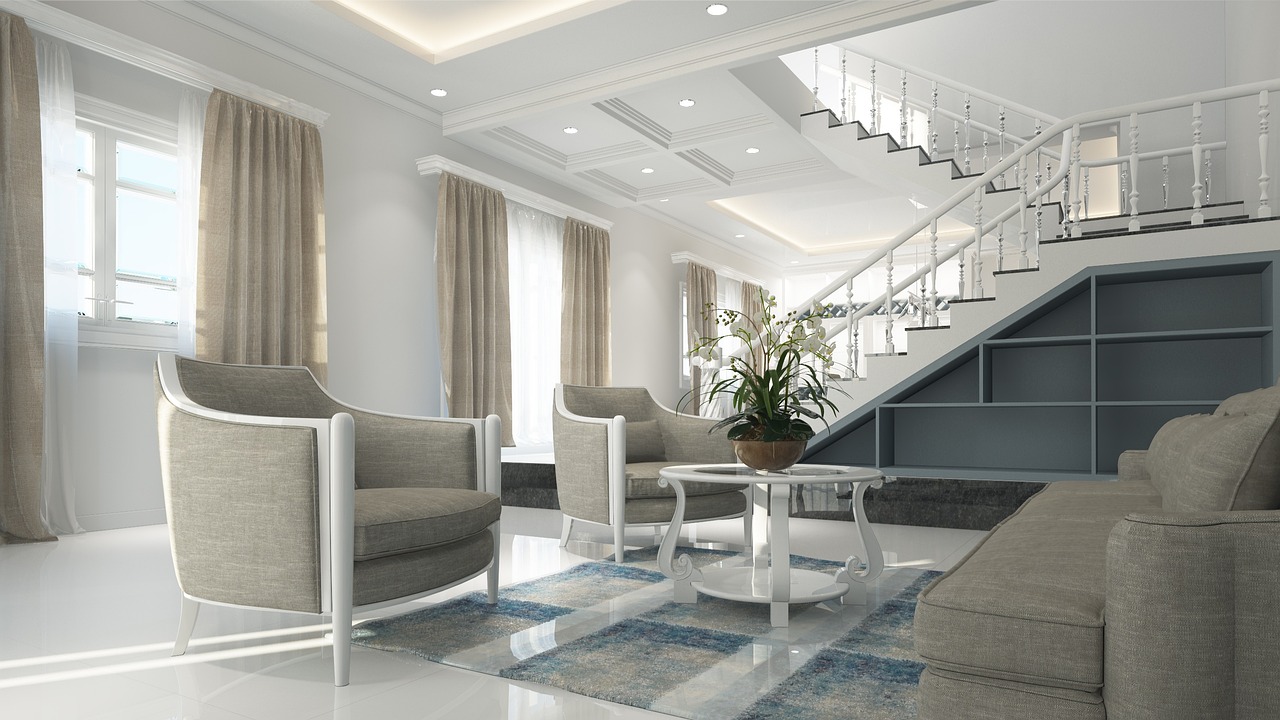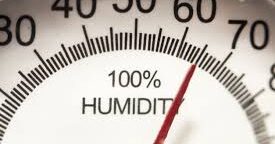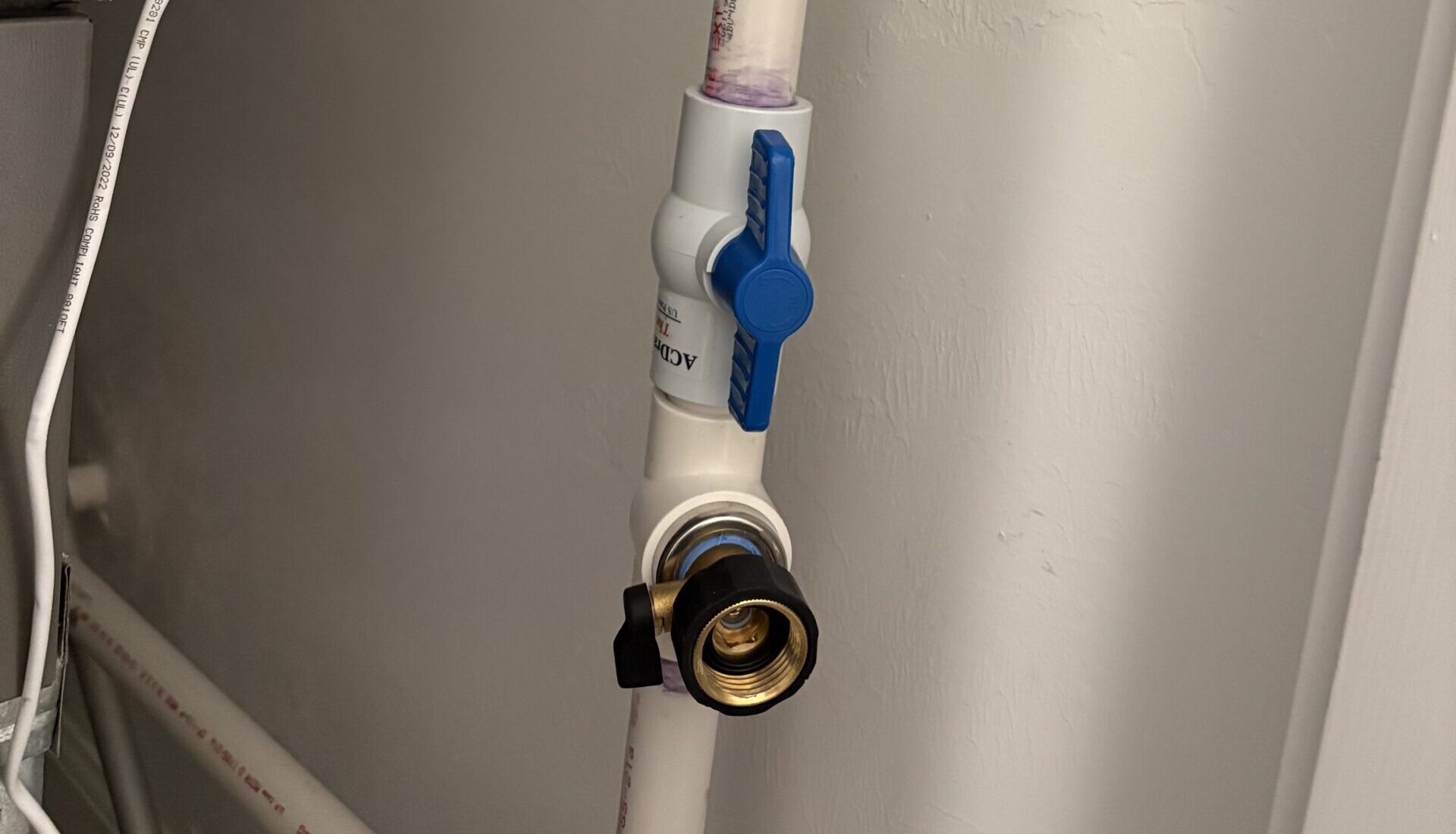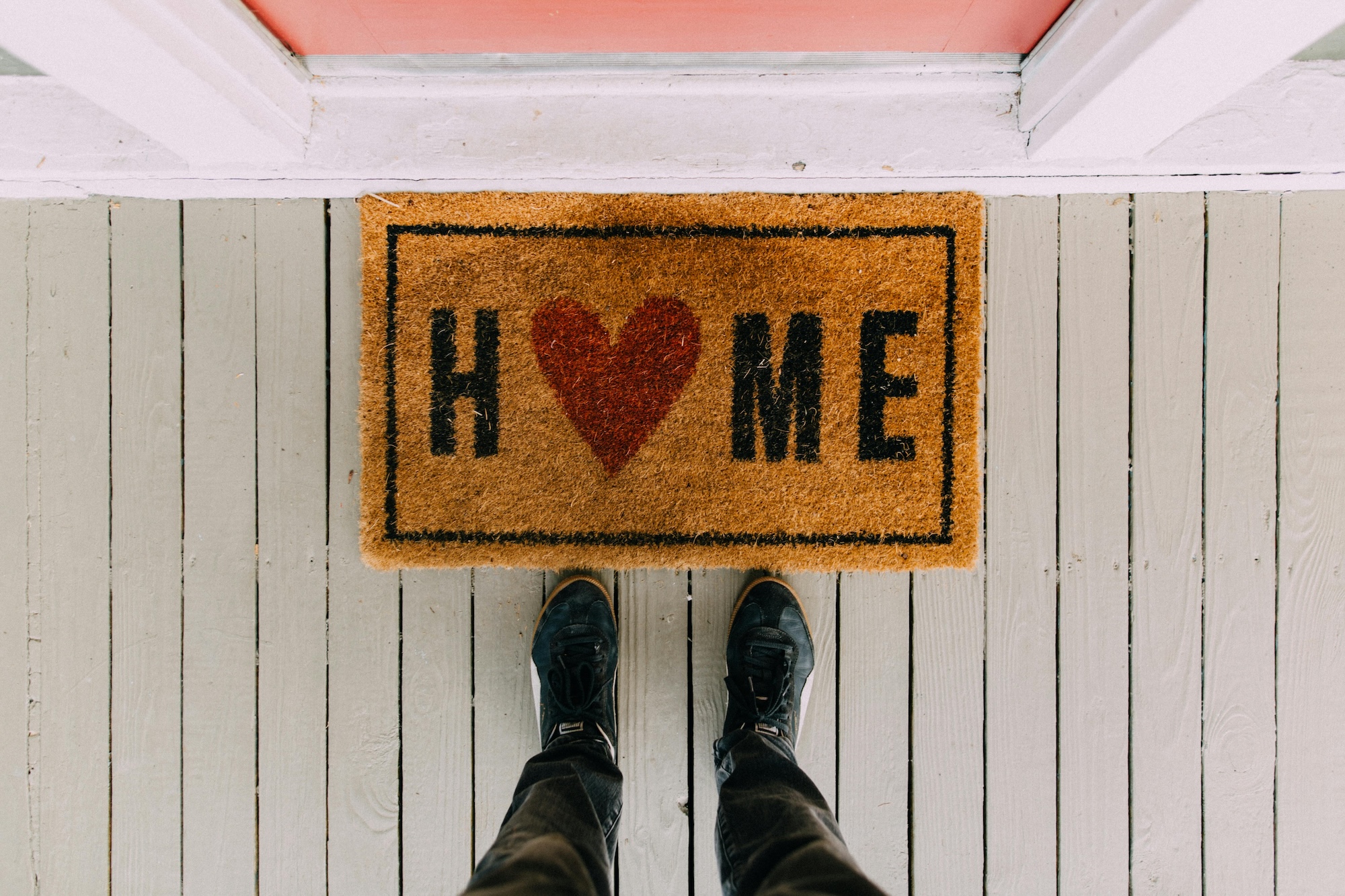When it comes to property management and insurance, understanding the difference between a vacant home and an unoccupied home is crucial. Although the terms are often used interchangeably, they have distinct meanings and implications, particularly in terms of risk, insurance coverage, and home maintenance. In this article, we’ll explore the differences between a vacant and an unoccupied home and why it’s important to know which category your property falls into.
Definition of Vacant and Unoccupied Homes
Vacant Home: A vacant home is one that is completely empty, without any personal belongings, furniture, or inhabitants. This type of property is often associated with homes that are for sale, awaiting new tenants, or undergoing significant renovations. Because there are no people or belongings present, vacant homes are generally considered higher risk.
Unoccupied Home: An unoccupied home, on the other hand, is one that is still furnished and contains the owner’s personal belongings but is temporarily not in use. This situation might occur when homeowners are on an extended vacation, traveling for work, or residing in a second home. Unoccupied homes still appear lived-in, even if no one is currently residing there.
Insurance Implications
One of the most significant differences between a vacant and unoccupied home is how insurance companies view and cover these properties. Home insurance policies typically differentiate between the two, with distinct rules and coverage options for each.
Vacant Home Insurance: Vacant homes are at a higher risk for issues like vandalism, theft, and damage from undetected problems such as water leaks or fire. Because of this increased risk, standard homeowners insurance policies may not provide full coverage for a vacant home. Homeowners might need to purchase a separate vacant home insurance policy or an endorsement to ensure full protection. This type of policy typically includes coverage for vandalism, malicious mischief, and extended protection for the home’s structure.
Unoccupied Home Insurance: Insurance companies generally view unoccupied homes as lower risk compared to vacant homes, primarily because they are still maintained, furnished, and more likely to be checked on regularly. However, standard homeowners insurance policies may have limitations on coverage if a home is unoccupied for an extended period, usually 30 to 60 days. Homeowners should notify their insurance company if they plan to leave the property unoccupied for an extended time to avoid potential gaps in coverage.
Risk Factors and Considerations
Security: Vacant homes are more susceptible to break-ins, vandalism, and squatters because they are visibly empty. There are no occupants to deter criminals, and the absence of activity makes it easier for intruders to target the property. Unoccupied homes, while also at risk, typically have personal belongings and may still appear lived-in, reducing the likelihood of criminal activity.
Maintenance: Both vacant and unoccupied homes require regular maintenance, but the needs can differ. In a vacant home, issues like plumbing leaks, roof damage, or pest infestations might go unnoticed for long periods, leading to extensive damage. Regular inspections and maintenance are crucial to prevent these problems. Unoccupied homes, although not actively lived in, usually have utilities running, and their maintenance might be more focused on ensuring everything is in working order when the owners return.
Utilities and Systems: In a vacant home, utilities like water and electricity might be turned off, which can lead to issues such as mold growth or pipe damage, especially in extreme weather conditions. Unoccupied homes generally have utilities running, which helps maintain the property and makes it easier to spot and address problems early.
Tips for Managing Vacant and Unoccupied Homes
1. Inform Your Insurance Company: Whether your home is vacant or unoccupied, always inform your insurance company to ensure you have the appropriate coverage. This will help prevent any surprises in the event of a claim.
2. Regular Inspections: Arrange for regular inspections of the property, especially if it will be vacant or unoccupied for an extended period. A home watch service or a trusted neighbor can check for any signs of trouble, such as leaks, pests, or security breaches.
3. Secure the Property: Install security systems, motion-sensor lights, and surveillance cameras to protect both vacant and unoccupied homes. These measures can deter potential intruders and provide peace of mind.
4. Maintain the Exterior: Keep the exterior of the home well-maintained by mowing the lawn, trimming bushes, and clearing debris. This helps maintain the property’s curb appeal and reduces the risk of drawing unwanted attention.
5. Use Timers for Lights: In unoccupied homes, use timers for lights and other electronics to give the appearance that someone is home. This simple trick can help deter burglars.
6. Winterize the Property: If the property will be vacant or unoccupied during winter months, take steps to winterize the home. This includes draining water pipes, adding insulation, and ensuring the heating system is set to a low temperature to prevent freezing.
7. Home Watch Professional: Hire a Home Watch company. Whether you’re gone for a week or several months, a professional Home Watch company will ensure that your home is safe, secure, and well-maintained, so you can focus on enjoying your time away.A home watch company performs a visual observation and is essential for secondary homeowners or vacationers in Florida when leaving their home unoccupied for a period of time.
Conclusion
An unoccupied home is a vulnerable home. Understanding the difference between a vacant and an unoccupied home is essential for homeowners, particularly when it comes to managing risks and ensuring proper insurance coverage. Whether your property is vacant because it’s for sale or unoccupied due to travel, taking the necessary precautions and staying informed can help protect your investment and maintain peace of mind.
At Reliance Home Watch, we believe your peace of mind is our top priority. Providing thorough home visits, ensuring everything is safe and secure while you’re away. We check for any issues, from leaks to intrusions, so you can relax knowing your property is in expert hands. With our reliable service, you can enjoy your time away without worry. Our trustful eyes will bring you peace of mind!
